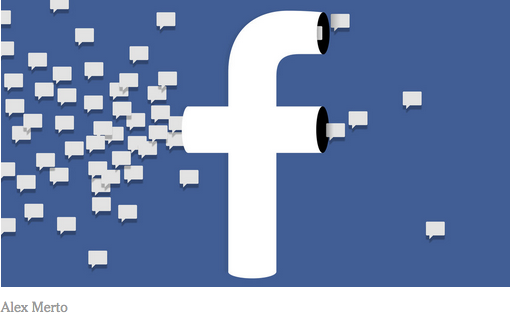For example, before the Guardian leak, a private Facebook group, Marines United, circulated nude photos of female Marines and other women. This prompted a group called Not in My Marine Corps to pressure Facebook to remove related pages, groups and users. Facebook announced in April that it would increase its attempts to remove nonconsensual nude pictures. But the Guardian leaks revealed that the pictures circulated by Marines United were largely not covered by Facebook’s substantive “revenge porn” policy. Advocates using information from the leaks have begun to pressure Facebook to do more to prevent the nonconsensual distribution of private photos.
Civil liberties groups and user rights groups should do just this: Take advantage of the increased transparency to pressure these sites to create policies advocates think are best for the users they represent.
Today, as social media sites are accused of spreading false news, influencing elections and allowing horrific speech, they may respond by increasing their policing of content. Clarity about their internal speech regulation is more important now than ever. The ways in which this newfound transparency is harnessed by the public could be as meaningful for online speech as any case decided in a United States court.




